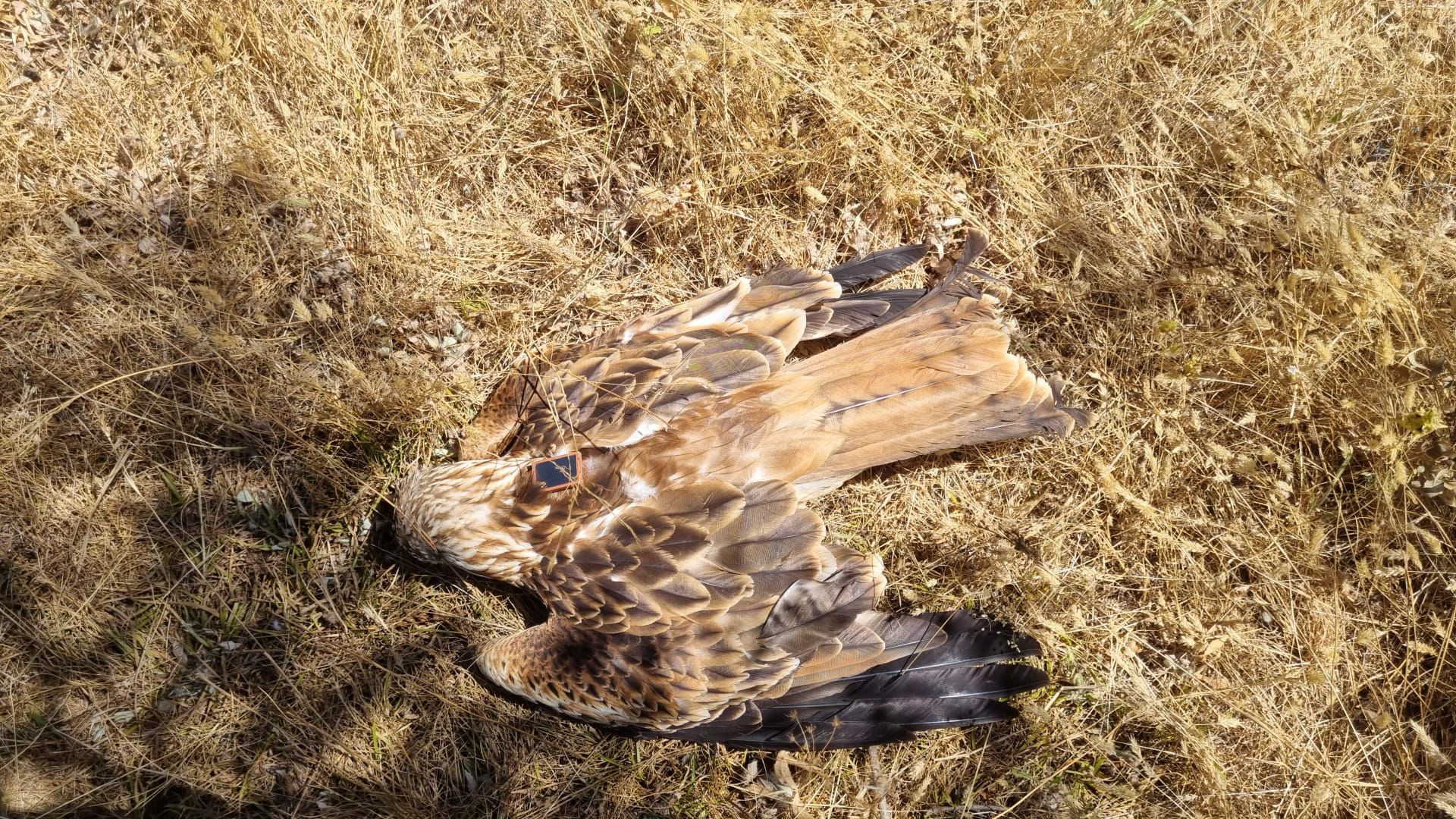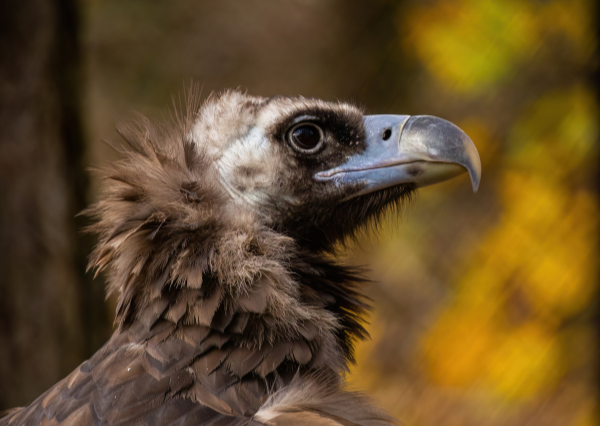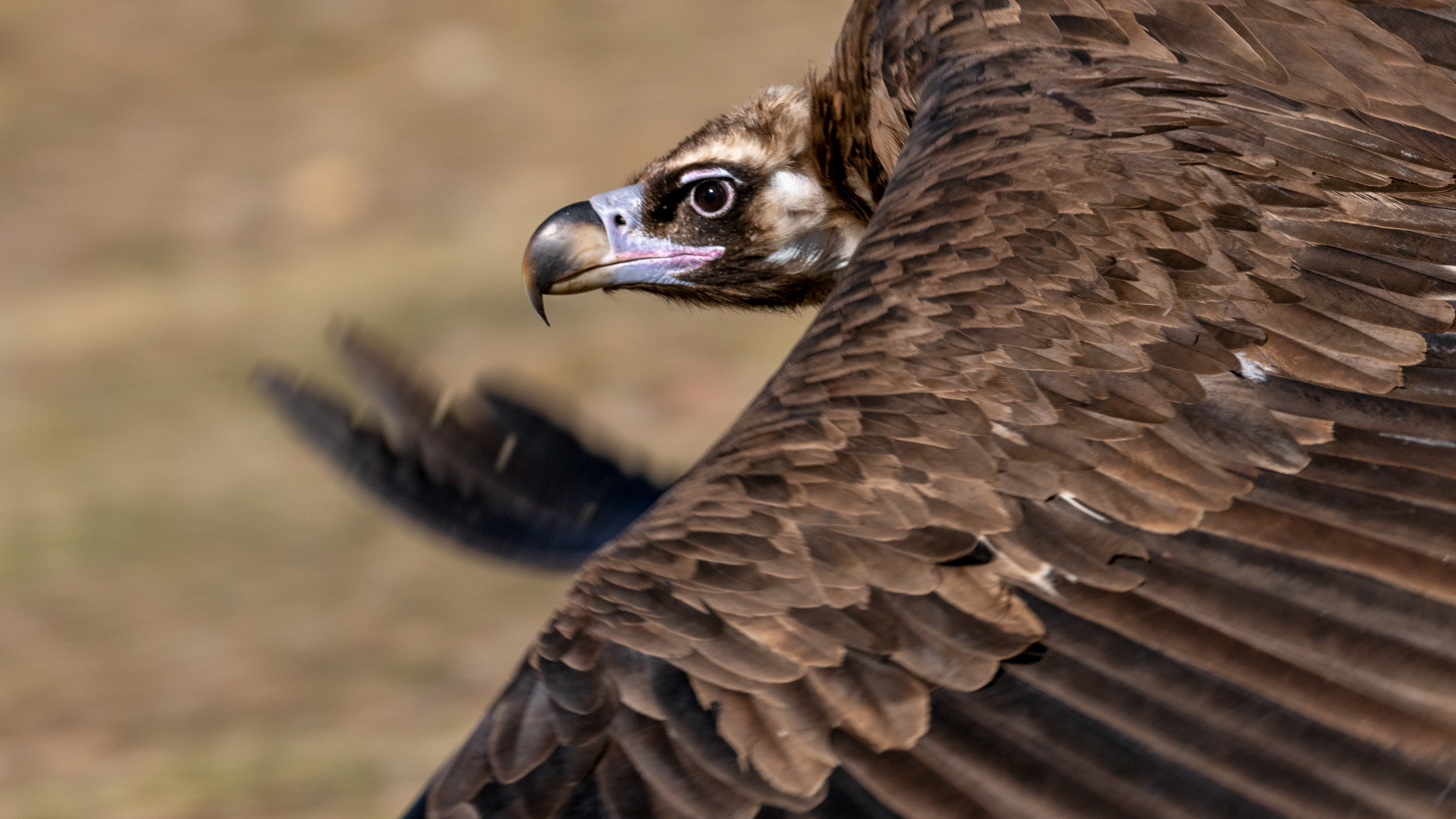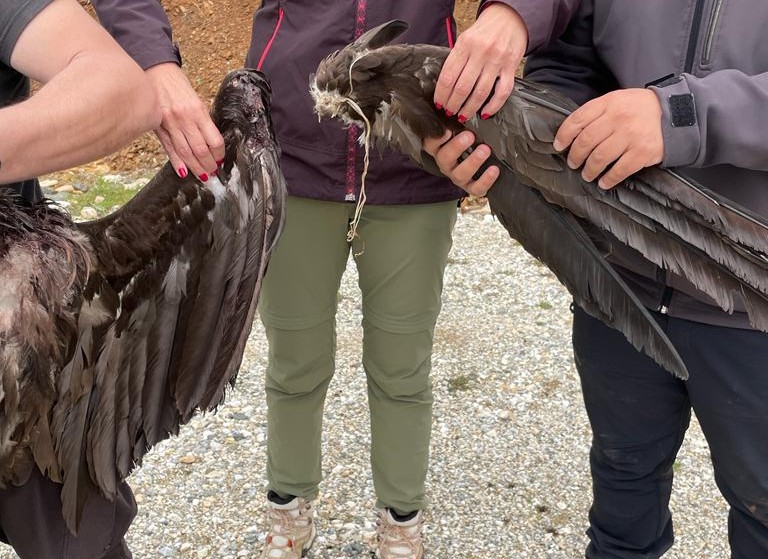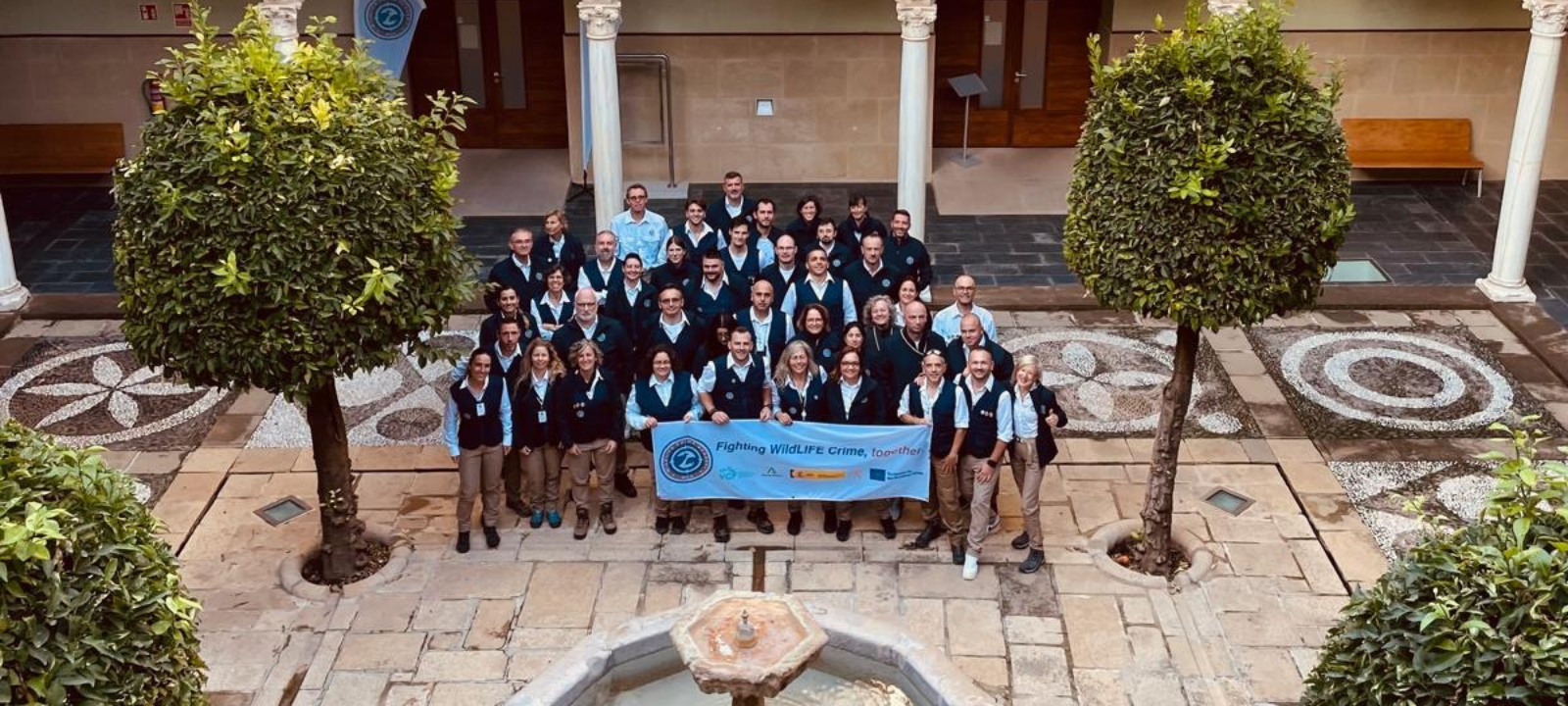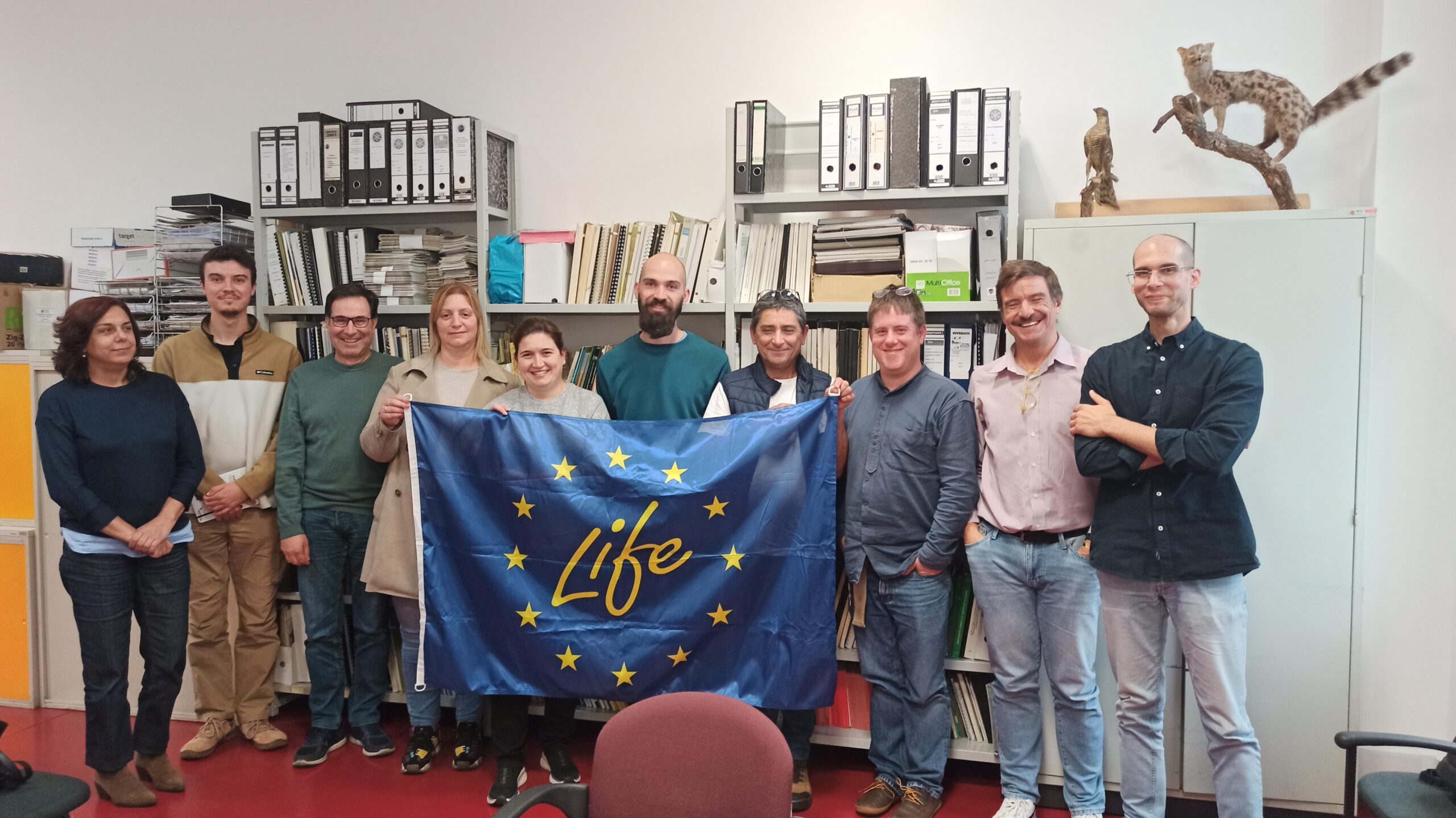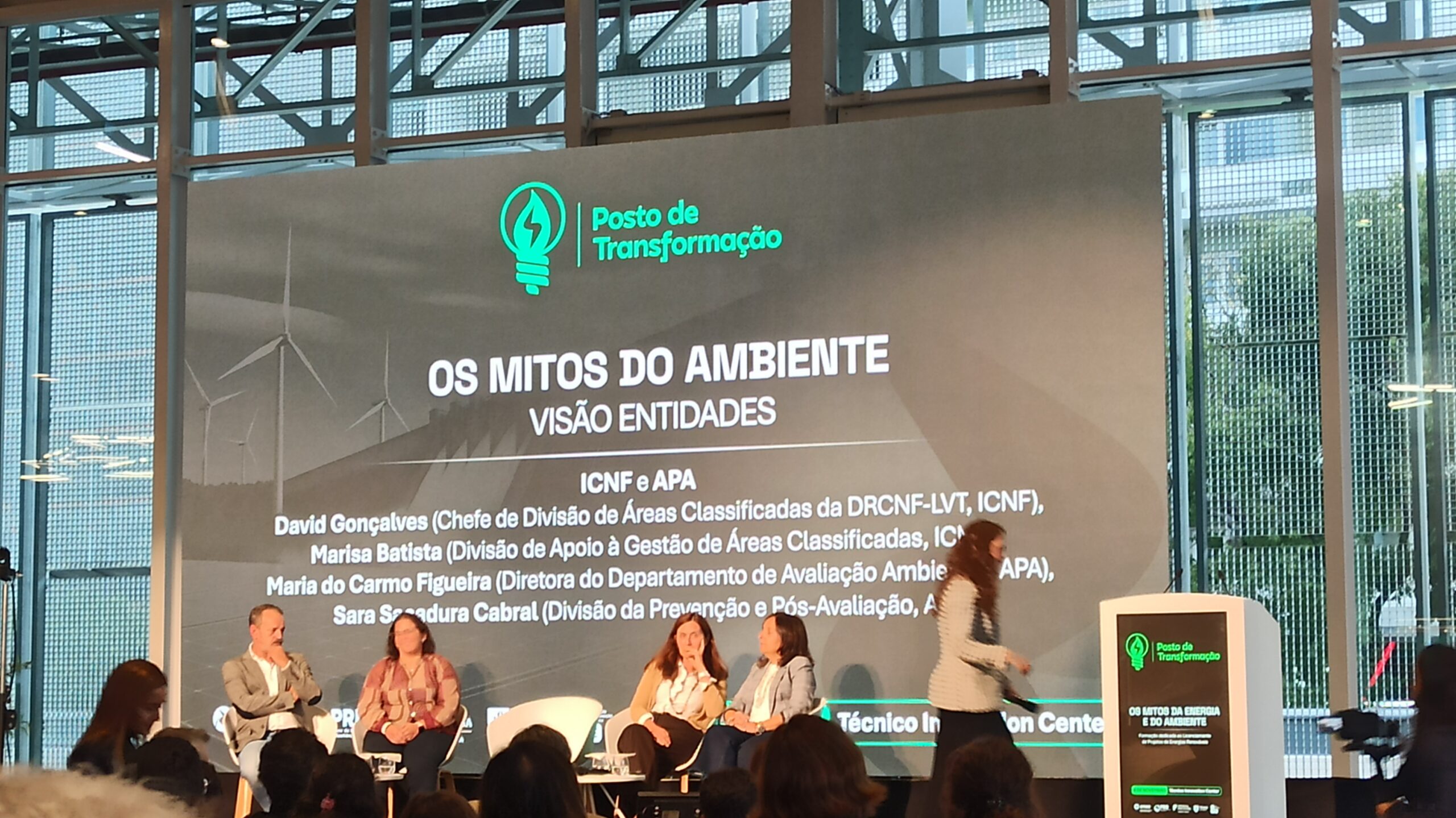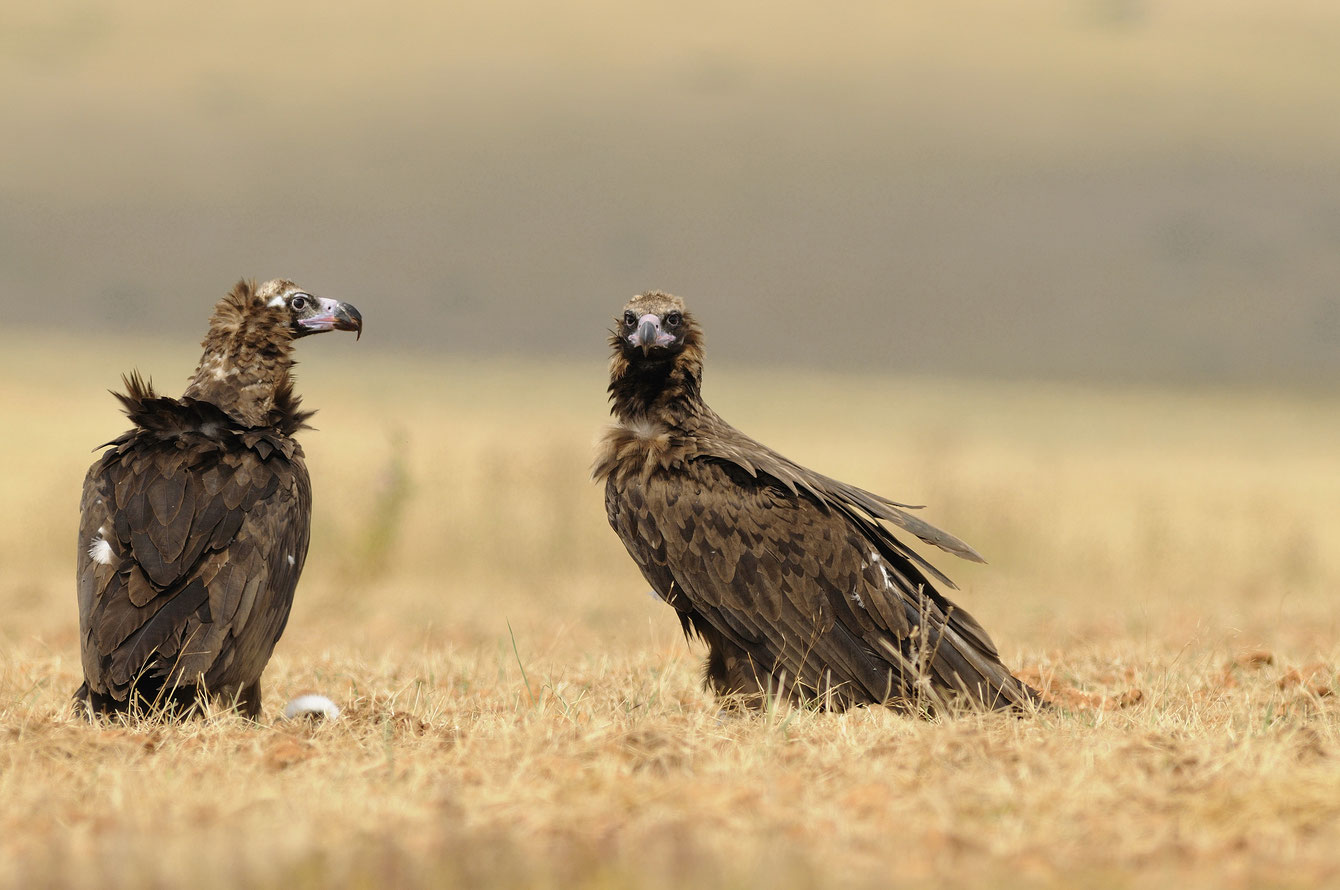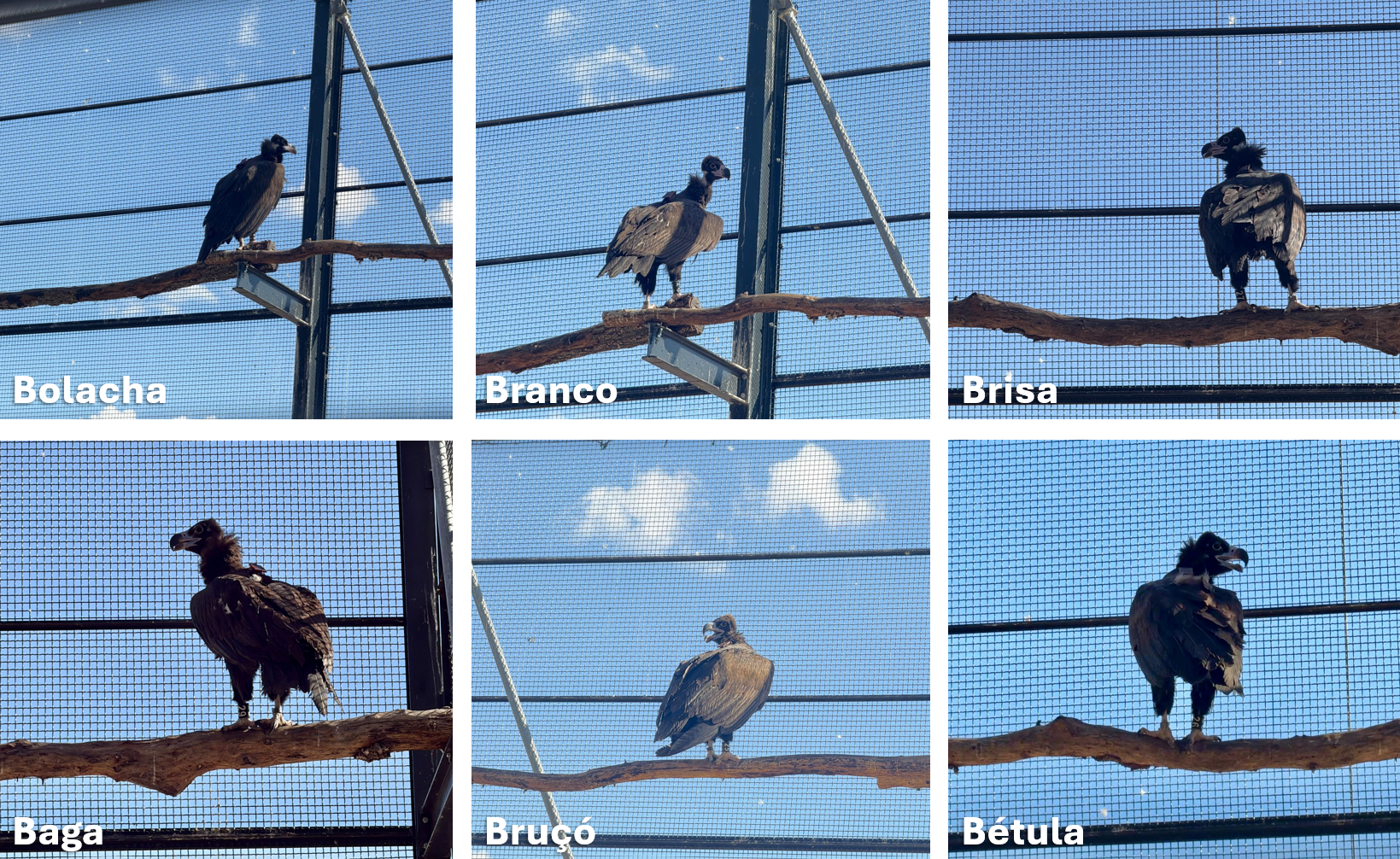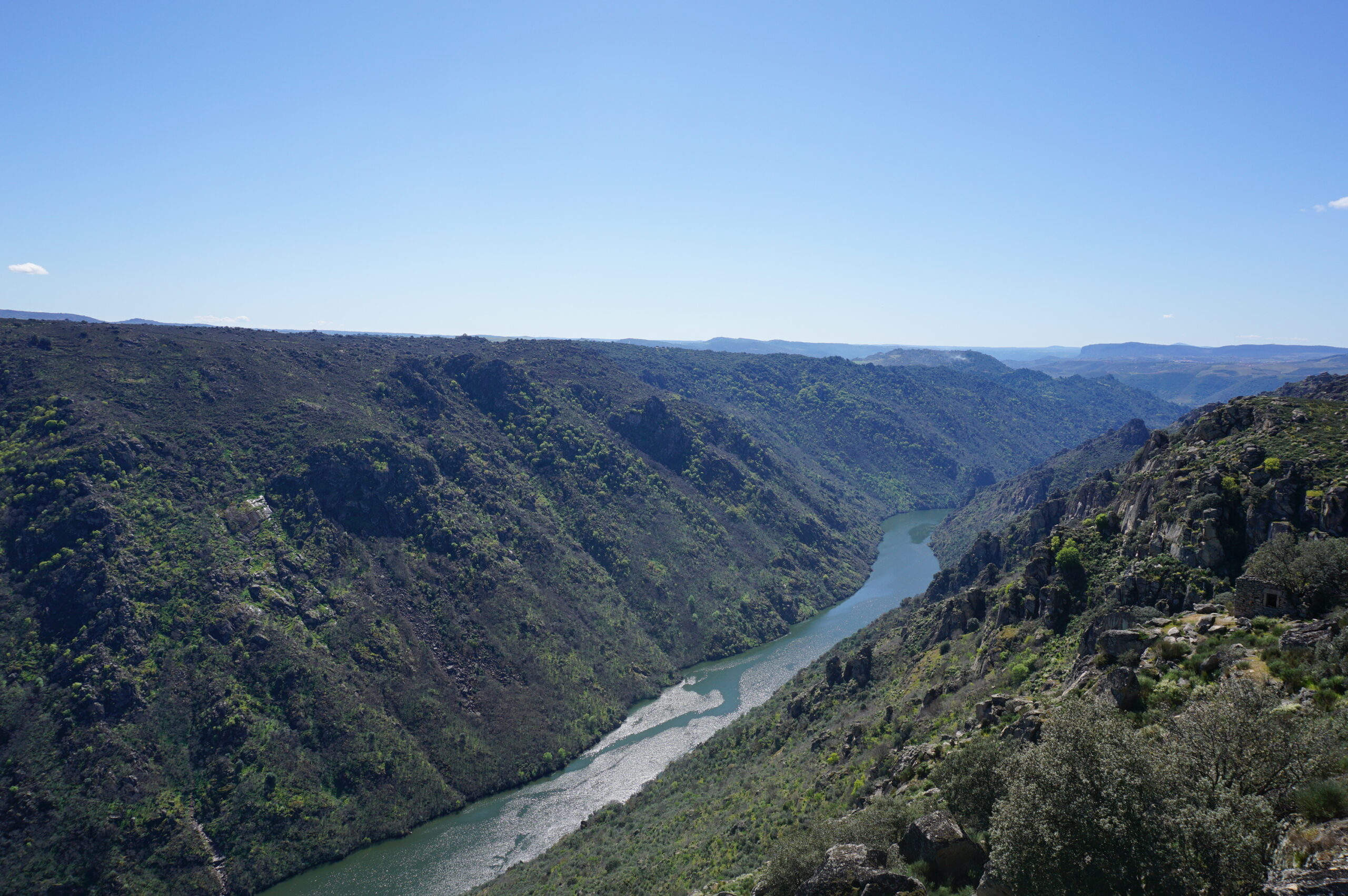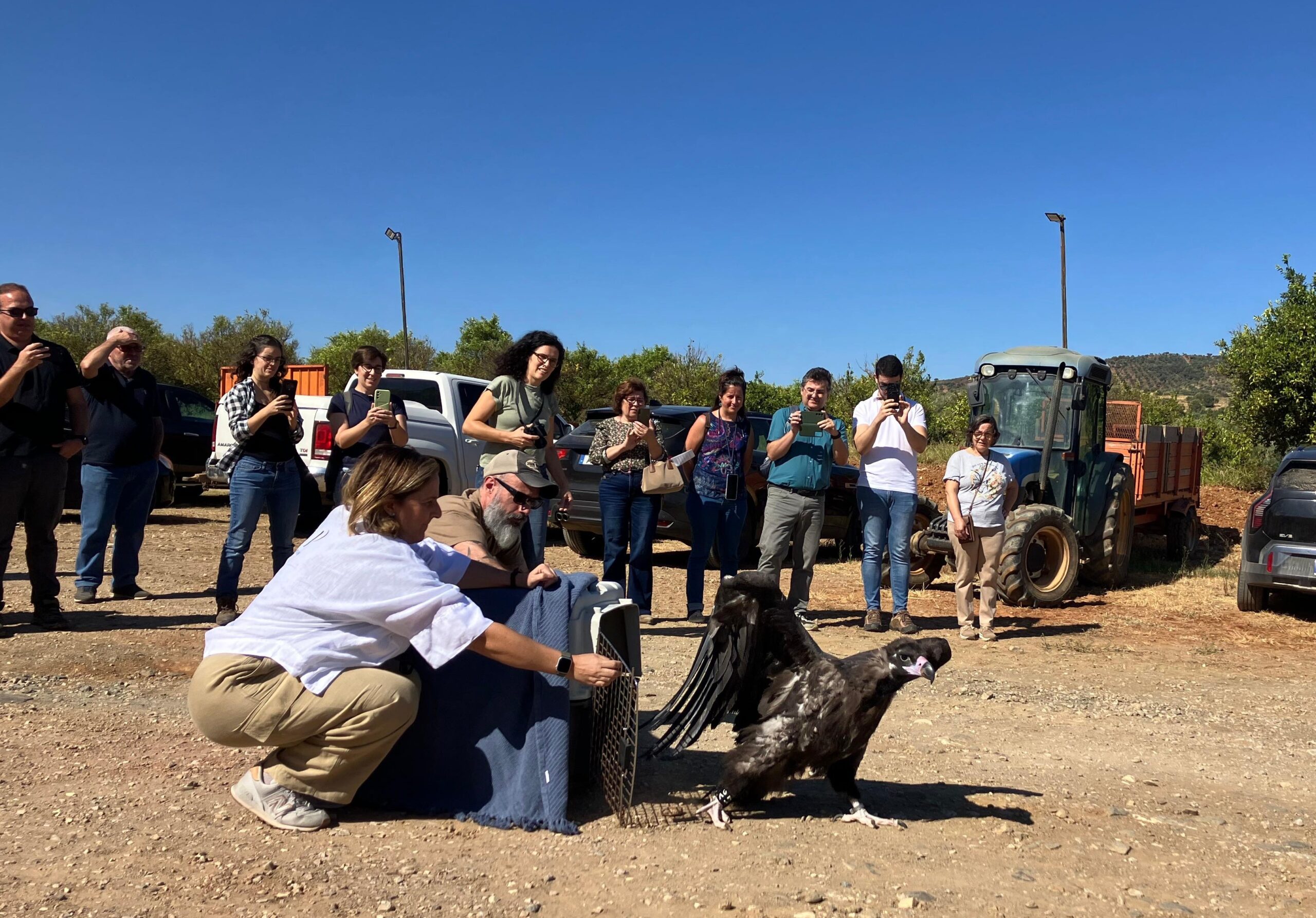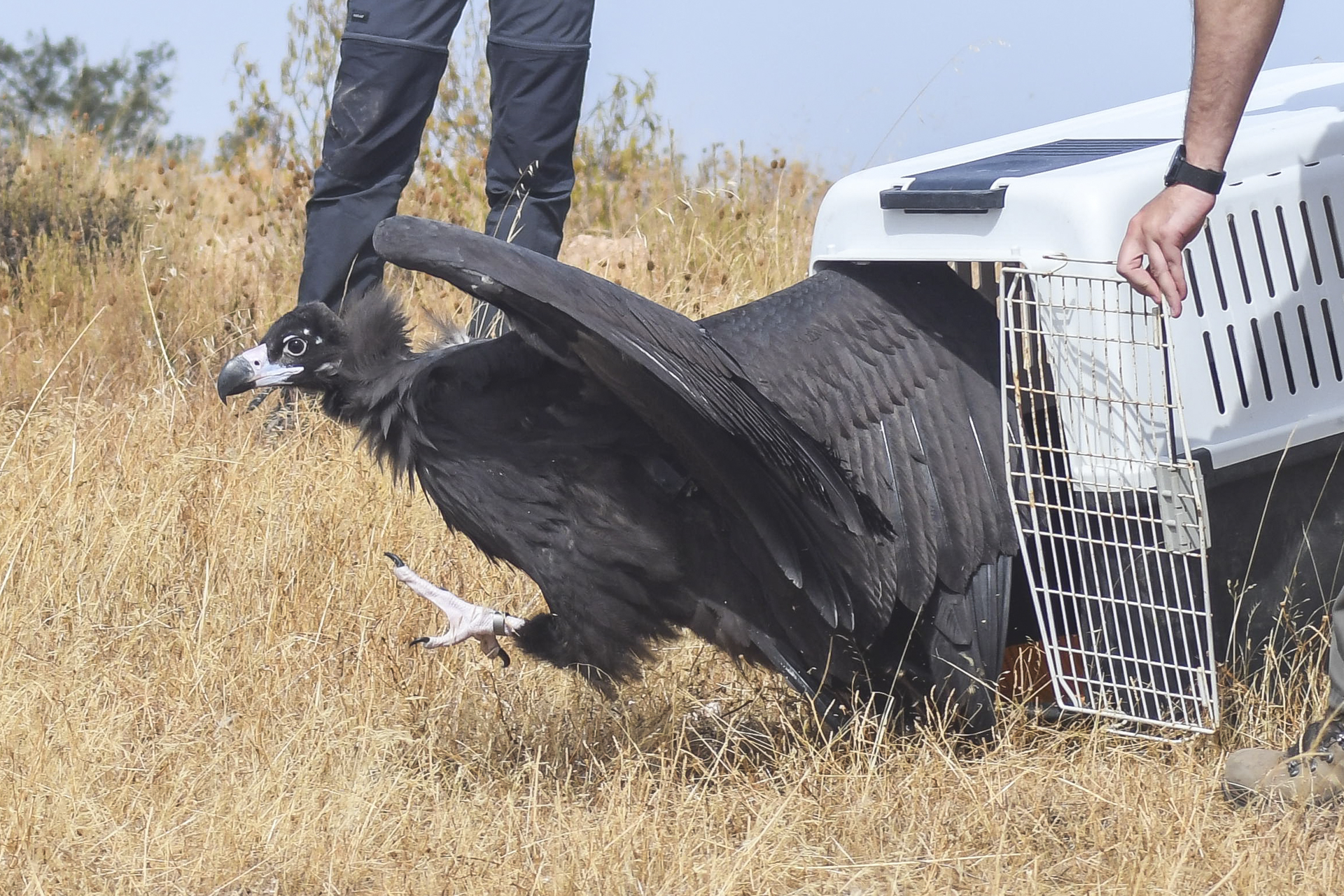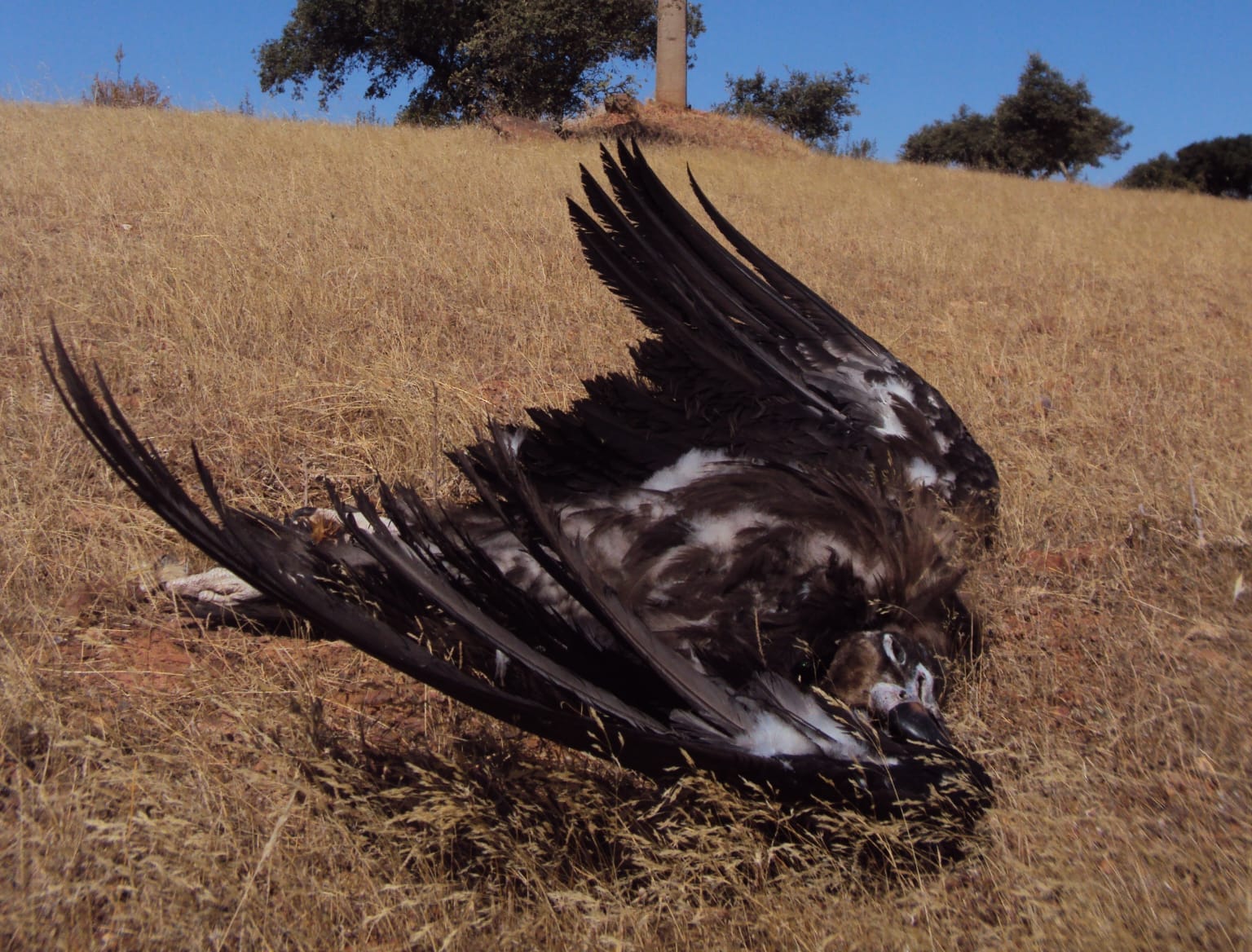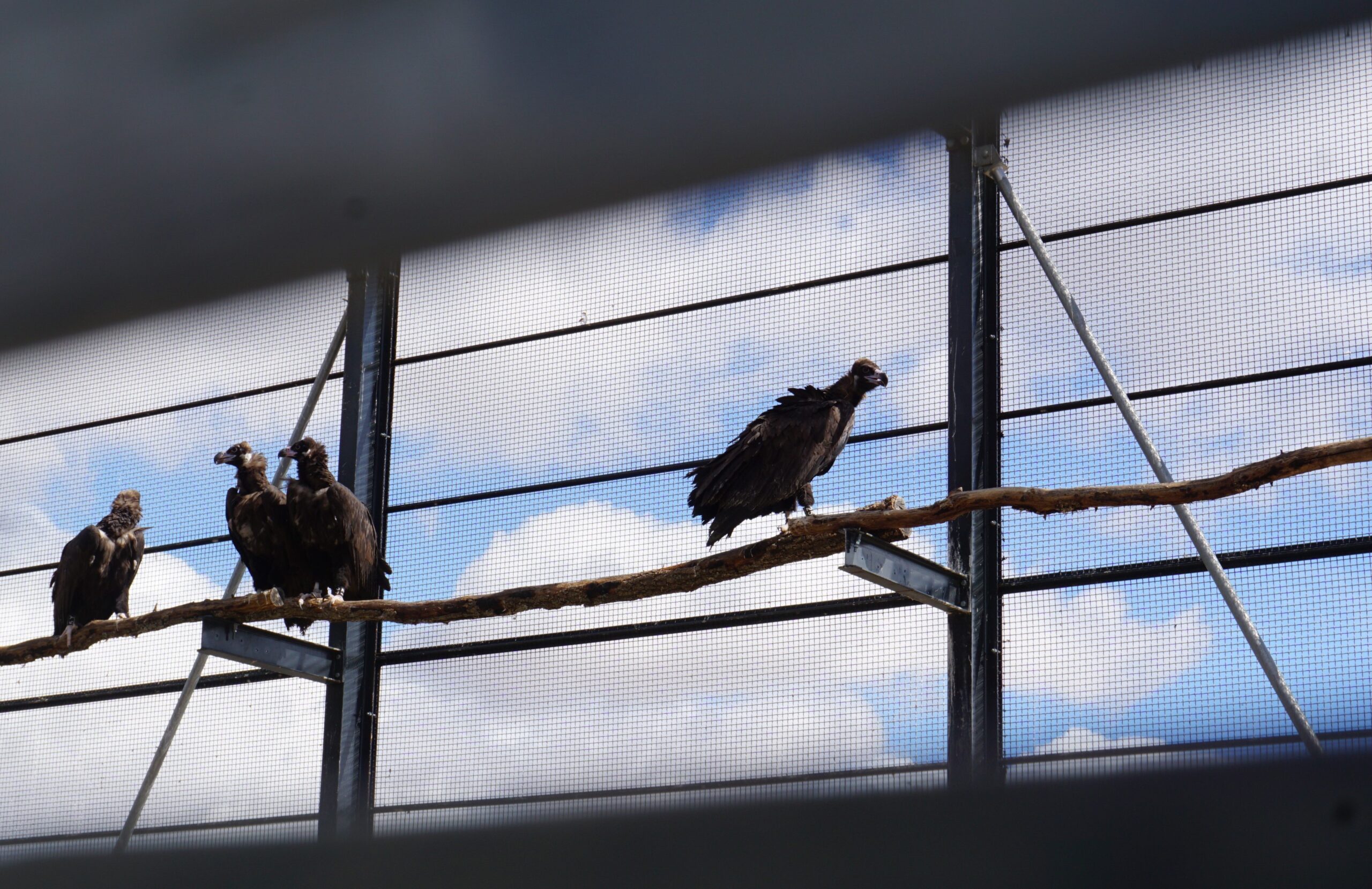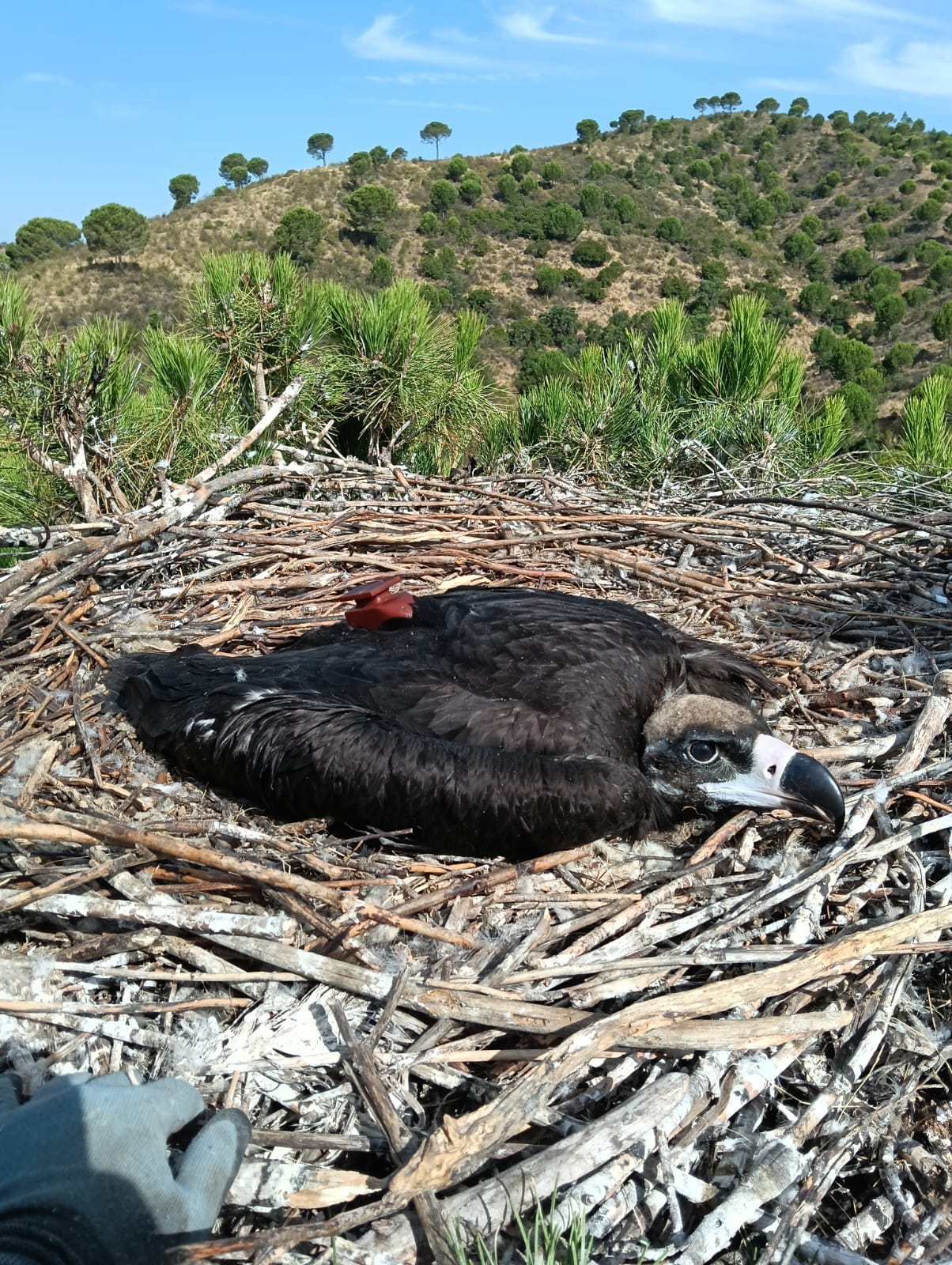LIFE Aegypius Return
Consolidación y expansión de la población de buitre negro en Portugal y en el oeste de España
El buitre negro en Portugal y España a través de los años
Siglo 20
El buitre negro, inicialmente muy extendido en la Península Ibérica, se volvió cada vez más escaso durante el siglo XX debido, principalmente, a la pérdida de hábitat, el envenenamiento de la fauna silvestre y la persecución directaDécada de 1970
La especie está en peligro. La población reproductora de buitre negro se extinguió en Portugal, y en 1973 sólo quedaban unas 200 parejas en España.Desde finales de la década de 1980 en adelante
El número de buitres negros en España comenzó a recuperarse tras la implementación de medidas de protección legal y la adopción de acciones de conservación específicas.2010
El buitre negro recoloniza naturalmente Portugal cuatro décadas después de su extinción, cuando aves de colonias reproductoras españolas cercanas comenzaron a nidificar allí. Esto fue posible gracias a la expansión de la población en España y tras acciones de conservación que mejoraron las condiciones para las aves carroñeras en Portugal.2022
El número de parejas de buitre negro aumentó en Portugal a 40, pero la población y las colonias reproductoras siguen siendo frágiles, y el proceso de recolonización es demasiado lento y limitado. Se requiere una acción urgente.LIFE Aegypius Return se lanzó en 2022 con el objetivo de consolidar, mejorar y acelerar el regreso del buitre negro a Portugal y al oeste español de la Península Ibérica mediante un enfoque transnacional y multidisciplinar.
Objetivos y alcance
El objetivo a largo plazo del proyecto es garantizar un estado de conservación favorable para el buitre negro en Portugal.
OBJETIVOS DEL PROYECTO

Duplicar la población reproductora en Portugal de 40 a 80 parejas

Aumentar el éxito reproductor

Rebajar el estatus nacional de En Peligro Crítico a En Peligro

Mejorar la conectividad entre colonias.
Comportamiento
El equipo del proyecto se esfuerza por alcanzar sus objetivos mejorando el hábitat y las condiciones de alimentación del buitre negro, fortaleciendo su población, mitigando las amenazas y desarrollando capacidades nacionales en diez zonas de la Red Natura 2000 a lo largo de casi toda la frontera hispano-portuguesa.
Financiador y socios
LIFE Aegypius Return está cofinanciado por el Programa LIFE de la UE Programa LIFE y cuenta con un presupuesto de 3,7 millones de euros. Su éxito depende de la participación de todas las partes interesadas relevantes y de la estrecha colaboración del principal socio del proyecto, la
Vulture Conservation Foundation (VCF), con todos los socios locales:
Palombar – Conservação da Natureza e do Património Rural,
Herdade da Contenda,
Sociedade Portuguesa para o Estudo das Aves,
Liga para a Proteção da Natureza,
Associação Transumância e Natureza,
Fundación Naturaleza y Hombre,
Guarda Nacional Republicana y Associação Nacional de Proprietários Rurais y
Associação Nacional de Proprietários Rurais Gestão Cinegética e Biodiversidade.
In this destructive winter in Iberia, Cinereous Vultures have gained more nesting platforms and safer nests
febrero 10, 2026
The impacts of the catastrophic episodes that have ravaged Portugal and Spain ...
Read More →
Cinereous Vulture: Crowdfunding campaign launched after major fire in Douro Internacional hits target and restoration measures are implemented
febrero 5, 2026
The campaign generated a wave of solidarity, and donations are helping to ...
Read More →
Where are the Cinereous Vultures acclimatised in Douro Internacional?
enero 28, 2026
The soft release programme of the LIFE Aegypius Return project has already completed the ...
Read More →
New specialized laboratory strengthens poison detection and nature protection in Portugal
enero 26, 2026
The National Republican Guard (GNR) has inaugurated a new K9 laboratory to ...
Read More →
17 Red kites found dead in central Portugal
enero 17, 2026
The Portuguese authorities – Institute for Nature Conservation and Forests (ICNF) and ...
Read More →
Using the Cinereous Vulture microbiome to strengthen public and animal health
enero 9, 2026
A LIFE Aegypius Return spin-off project has been approved to link scientific research with ...
Read More →
LIFE Aegypius Return 2025: A Year of resilience and big moments for Cinereous Vultures in Portugal
diciembre 22, 2025
The LIFE Aegypius Return project is pushing ahead with its ambitious goal: Consolidating and expanding the ...
Read More →
Portuguese Cinereous Vulture population grows timidly in 2025
diciembre 4, 2025
The LIFE Aegypius Return project has also recorded a slight decline in ...
Read More →
Clean energy yes, but not at the cost of biodiversity!
noviembre 28, 2025
LIFE Aegypius Return project questions the impact of mega renewable energy projects. ...
Read More →
Wildlife Crime Academy expands network of advanced investigators with Cohort 3
noviembre 26, 2025
As wildlife crime grows increasingly sophisticated—fuelled by international trafficking networks, illegal killing ...
Read More →
Nature conservation authority and biodiversity conservation NGOs cooperate to protect the Cinereous Vulture in central Portugal
noviembre 12, 2025
Within the scope of the LIFE Aegypius Return project, the Portuguese Institute ...
Read More →
Cinereous Vulture gave biodiversity a voice at renewable energy conference
noviembre 6, 2025
The LIFE Aegypius Return project was invited to clarify some of the ...
Read More →
Cinereous vultures and friendship: unlikely bonds in LIFE Aegypius Return
noviembre 3, 2025
In Portugal, the LIFE Aegypius Return project has been tracking the movements ...
Read More →
Six Cinereous Vultures (soft) released back to the wild in Douro Internacional
octubre 31, 2025
The soft release programme in LIFE Aegypius Return brings hope for the ...
Read More →
Cinereous Vultures conservation work in Douro Internacional (Portugal) honoured with the “Douro + Sustainable” 2025 Award
octubre 24, 2025
The NGO Palombar was distinguished with the “Douro + Sustainable” 2025 Award, ...
Read More →
Fight against wildlife crime highlighted at the 1st Conference on Toxic Substances in a Forensic Context, organised by the Judiciary Police in Portugal
octubre 20, 2025
Several partners from the LIFE Aegypius Return project took part in the ...
Read More →
Pousio: gunshot Cinereous Vulture survived and is back in the skies of Serra do Mendro, Portugal
octubre 2, 2025
A long recovery required three rehabilitation centres and several veterinary interventions Firstborn ...
Read More →
Nest fall, recovery and impressive first flight – Meet the Cinereous Vulture Charneco
septiembre 30, 2025
A Cinereous Vulture chick was rescued, recovered and returned to the wild ...
Read More →
Two Cinereous Vultures electrocuted on power lines in Tejo Internacional, Portugal
septiembre 23, 2025
Following the identification of several cases of bird mortality by electrocution in ...
Read More →
Donations ensure the return of Cinereous Vultures to the acclimatisation station in Douro Internacional, Portugal
septiembre 18, 2025
Keep supporting to protect this species from extinction and help us reach ...
Read More →
Strategic Cinereous Vulture colony in southern Portugal under serious threat
septiembre 15, 2025
In June 2024, the fifth breeding colony of the Cinereous Vulture was ...
Read More →





